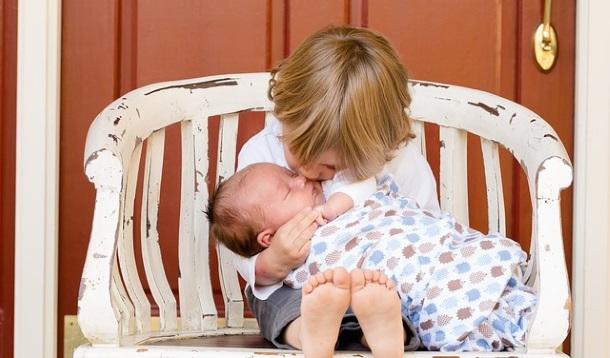
We live in a busy society. I know I am not alone when I feel guilty for having down time. I think I should be doing something. This fear of sitting still can also be projected onto our kids, and not enough value is placed on having a true break. Homework over the break is used as a measure to ward off idle hands, brains, etc. However, hammering the books is the last thing my teacher friends suggest over the summer. They want the kids in their classes to enjoy and experience a break and the experts agree with so many cautions being written about the over-scheduled child.
Perhaps it is the type of work we are encouraging. If there is to be homework this summer, don't let it be times tables and memorization; try working on activities that increase your child's emotional intelligence; their ability to be aware, understand and control their emotions and understand and awareness of those of others. This is truly the people growing lessons but sadly declining skills. The skills of empathy, self-regulation, problem-solving strategies and impulse control are very important, in fact self-regulation alone is a bigger predictor of success in life than academic or SAT scores. In Dr. Michelle Borba's book, Unselfie: Why Empathetic Kids Succeed in Our All-About-Me World, she states that loneliness, stress, depression, anxiety, bullying, cheating and racism increases when empathy wanes. The good news is that all of these skills for life can be taught and incorporated into things you are already doing and easily practiced.
1. Openly discuss that feelings have ranges. As a school social worker, I have used this activity with students, but it is easy to use at home; simply ask your child to give different names for primary emotions. Angry could inspire words like mad, frustrated, irritated, furious, etc. Do the same for sad, happy, and scared. This helps kids evaluate the degree they were feeling that emotion and a greater vocabulary to discuss feelings.
2. Watch the movie Inside Out with your kids and discuss feelings, how we control them, and how emotions can be mixed like bitter sweet.
3. Show a balance in your own emotions. Emotions are neither good or bad. Model this yourself! Grinning and bearing all activities might not help our kids learn to express their negative feelings in a healthy way. Our kids pick up on our disingenuous enthusiasm and suppressing the negative feelings isn't good for our us or our health. Since we don't want to raise inauthentic kids we have to be honest and healthy in our expressions and not try and fake it through summer activities. Author Ann Douglas suggests finding what you do like about an event that doesn't focus on your suffering. For example, perhaps you enjoy watching your kids have fun at the kids birthday party or treasure their effort and tenacity on the weekend long soccer tournament.
4. Read and relate. This is an easy way to help kids grow in their empathy skills and emotional comprehension. Pick a book with some emotional context, talk about the perspectives of the characters, how they can relate and what they would do if it was them. You can do this for movies, for people watching or family interactions. Author Amy McCready of The Me, Me, Me Epidemic suggests encouraging older children to become teachers and mentors. One idea might be a camp counsellor.This helps your child work on understanding their students perspective in order to properly teach the subject or get buy in on the activities.
5. Play is an excellent place to work on a myriad of skills including working on empathy, working through emotions and problems solving. Games like red light, green light help kids practice controlling themselves, but changing up the rules and making green stop, helps kids additionally practice going against the known habit. Interrupting a habit is a huge skill, just ask any of us trying to quit something or change a behaviour. Also make time for unstructured play which is additionally important in developing these skills.
6. When it comes to extra sibling time together over the summer months, conflicts can arise and when it does, make sure you coach not referee. When the conflict comes to you use this simple technique suggested by parenting educator and author Sandy Blackard: listen, describe each point and then turn the problem-solving over to them.This provides a learning opportunity for the children to hear from another's perspective and solve their own problems together without your intervention.
This is the homework to practice over the break. Developing emotional intelligence will serve your child well for life giving them range, problem solving skills, empathy, and self control.
I also provide free relationship tips and articles on my Facebook page and on my website. You can also follow me on Twitter and join the conversation about healthy living and healthy relationships.